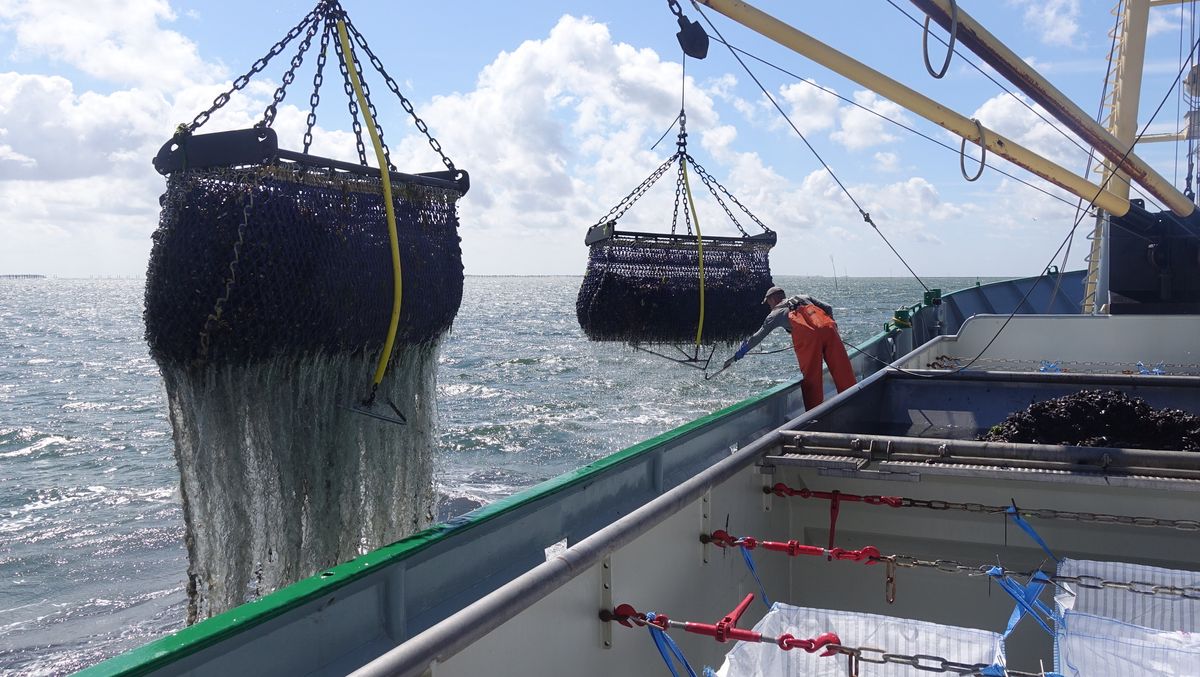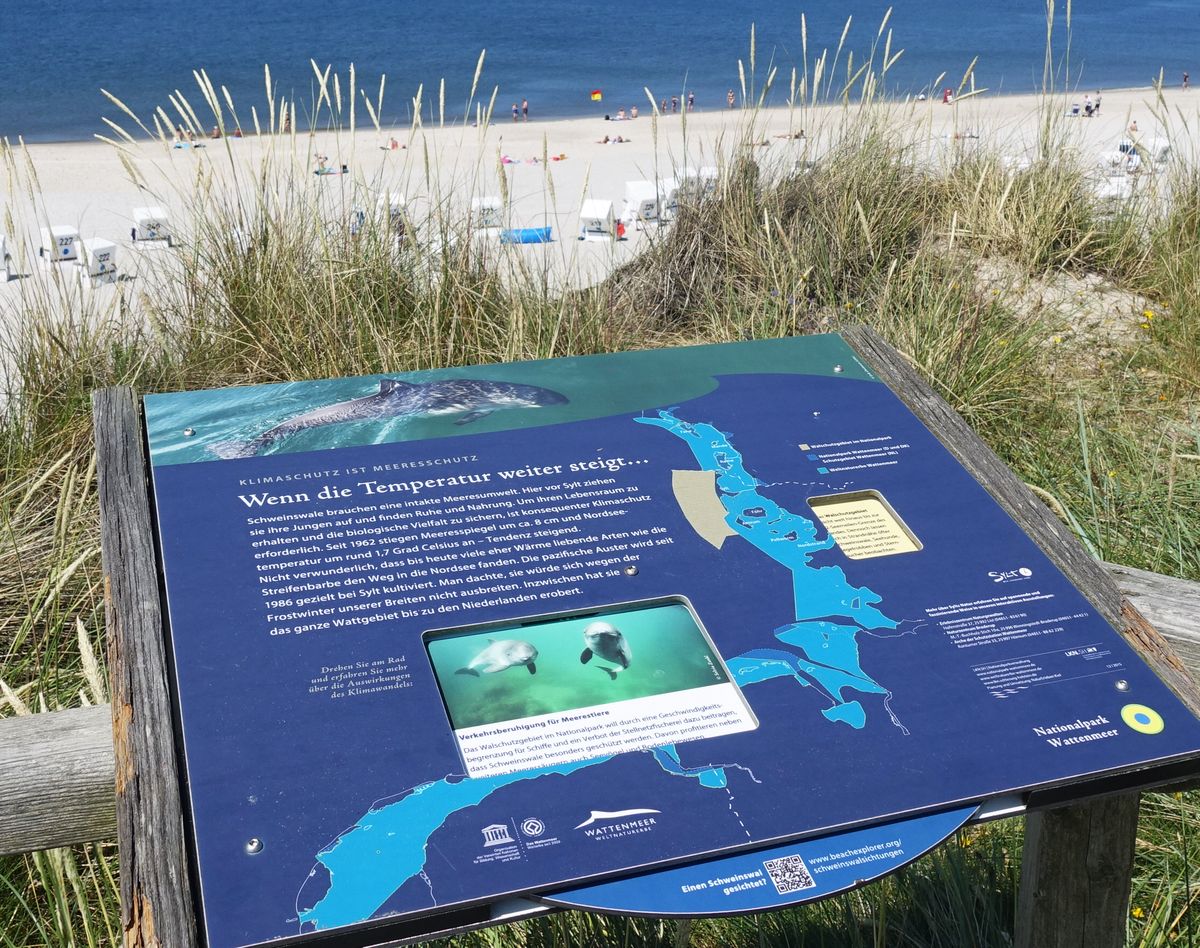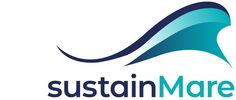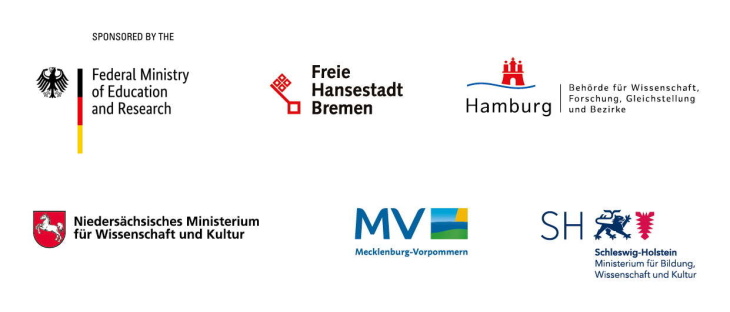Spokesperson (Contact)
Prof. Dr. Helmut Hillebrand,
Institute for Chemistry and Biology of the Marine Environment (ICBM),
University of Oldenburg
Activities
Every second thursday of the month:
Jour Fixe of all project members
Publication: „A Complete 60-Year Catalog of Wind Events in the German Bight (North Sea) Derived From ERA5 Reanalysis Data”: https://agupubs.onlinelibrary.wiley.com/doi/10.1029/2023EA003020
Publication: „On marine Real-World-Labs“: https://besjournals.onlinelibrary.wiley.com/doi/10.1002/pan3.10412
Publication: „Environmental changes affect the microbial release of hydrogen sulfide and methane from sediments at Boknis Eck (SW Baltic Sea)“: https://www.frontiersin.org/articles/10.3389/fmicb.2022.1096062/full
Project duration: 01.12.2021 - 30.11.2024
Stressors
Change in science - interaction effects
These cumulative effects can play an important role in the state of the environment. Their assessment is required by various directives such as the Marine Strategy Framework Directive. In addition, all effects relevant to the marine environment must be taken into account, for example, when developing management strategies, implementing measures and developing marine spatial plans.
In recent years, scientists have therefore increasingly studied interaction effects between different stressors and developed concepts to assess these cumulative effects.
Contribution CREATE
In the CREATE project, this knowledge is processed and brought together with practical knowledge and the experiences of stakeholders in a transdisciplinary process. On this basis, knowledge gaps are identified, proposals for adjustments to monitoring are developed and strategies for taking these cumulative effects into account are elaborated. Where possible, knowledge gaps will be closed by the project and new concepts developed. In a transformative process, an intervention strategy for reducing the cumulative burden of multiple stressors will be developed together with all relevant actors in the study areas.





